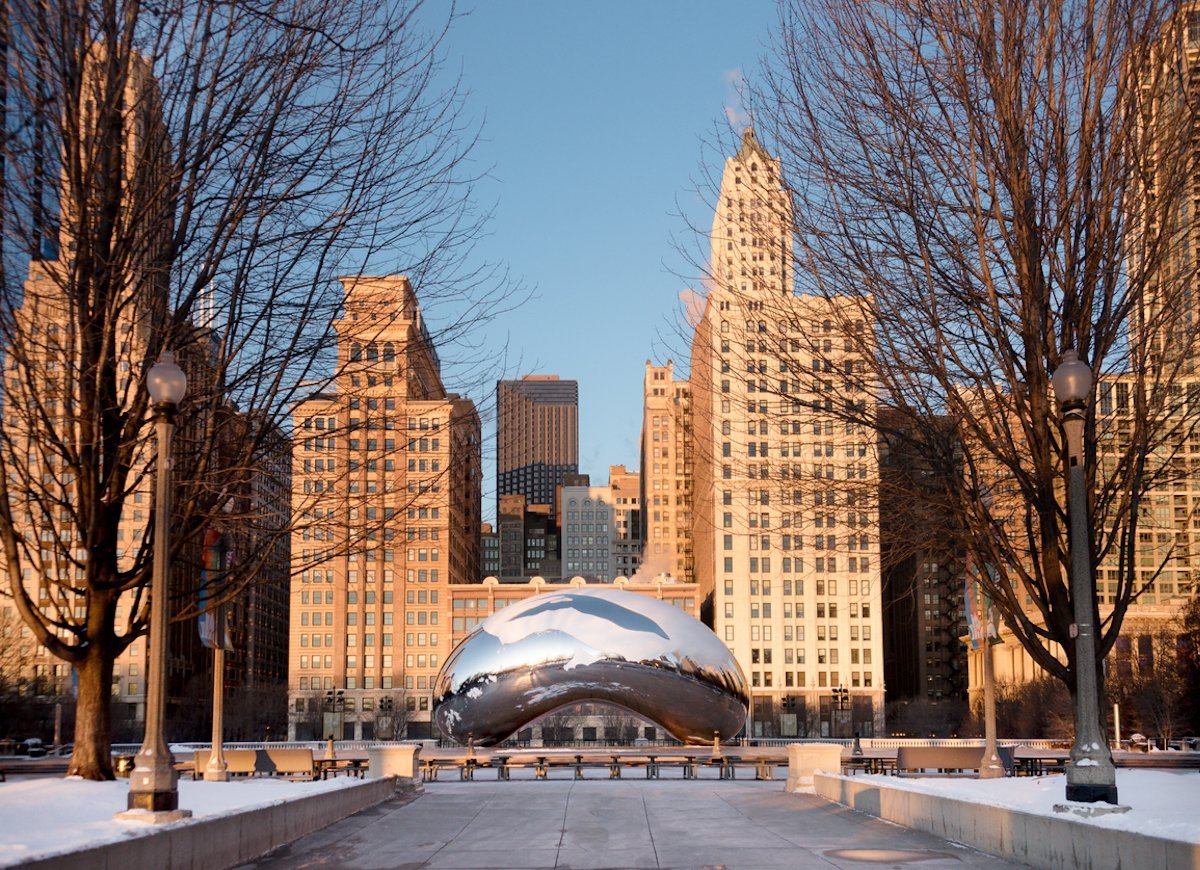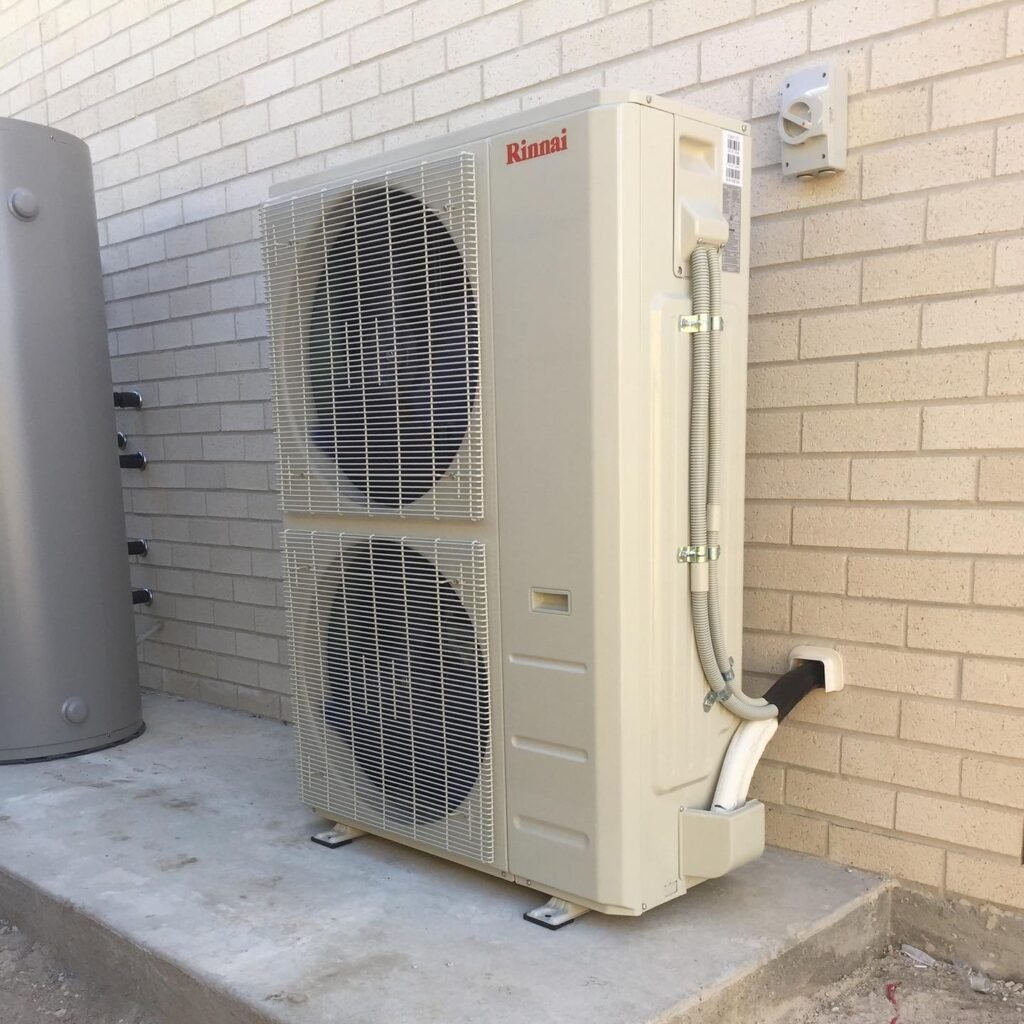
Tips for flipping a house in Chicago
Flipping houses in Chicago has become more and more tricky, but headwinds do not necessarily negate potential returns. The positioning properties are discounted enough to allow for swinging costs and room for renovation, and of course, high return on investment at resale may be difficult. On average, the total rollover rate in the United States is 47.7%, excluding the cost of upgrades and expenses. Experts estimate that these miscellaneous fees account for 20% to 33% of the value of the property after repair.
In Chicago MSA, clamshell houses account for only 4.1% of all homes for sale (Q3 2017). More than three-quarters of clamshell homes are available in full cash to help investors get higher discounts and avoid any interest or mortgage payments. Moreover, the average return on investment when flipping houses in Chicago was 76.7% – much higher than national standards. Between 2016 and 2017, the frequency of Chicago home renovations rose by only 1%. When the real estate market reached 7% or 8% of home sales, flipping could cause problems in the real estate market.
The return on investment is high, and Chicago is far from overheated real estate market due to flipping, but that doesn’t mean you should jump into the market at two feet without first due diligence. Use these three tips as a jumping point to see if Chicago’s flip homes match your investment goals.

Don’t limit your prospects
Prior to 2008, the characteristics of foreclosures were not widespread, often in the case of severely dilapidated or completely abandoned. As a result, banks are priced to sell these properties, often attracting investors who have refurbished them back to a livable state and profit from their work. However, it has not been uncommon to find well-maintained and/or upgraded foreclosed homes since the Chicago (and nationwide) recession and foreclosure events. Don’t expect to see a $50,000 or more asking price on a perfect house because the former boss is experiencing financial problems. In addition, expand your search to include all seller types: Tradition, REO, and Short Sell. An older home is free to clean and needs to be updated to be cheaper than a refurbished opponent that it happens to be owned by the bank. In fact, in the third quarter of 2017, only 38.8% of US homes were purchased at certain stages of foreclosure or as bank-owned properties, down from 43.9% a year ago. Moreover, just because a property is not in the market does not mean it is not on the desktop. If you want to invest in a particular building but don’t have an available listing that matches your search, your real estate agent should contact the current owner directly to see if they are interested in selling. Ideally, over-the-counter trading can help current owners save on marketing costs and avoid competition from buyers who might push up prices.
Scale resale value
Your real estate agent should run compensation, not only to determine the strong purchase price to include in your quote but also to determine the estimated market value of all completions. Among the top five most profitable flip markets, including Pittsburgh, Baton Rouge, Philadelphia, Baltimore, and Cleveland, average discount investors bought 43.9% of their flipped properties. It should be noted that the average premium sold in these markets is higher than 10.2% of the market value. Moreover, the average profit or increase in homes in these markets is $162,000.
For example, an investor who wishes to flip a median price apartment on the West Loop may set a target purchase price of $220,193 to ensure maximum return based on the latest real estate statistics. Keep in mind that this is just a starting point for measuring whether flipping is economically viable. Your purchase price, discount, and return on investment will fluctuate depending on the season, family type, conditions, square feet, and community.
Set timetable
It takes an average of 193 days to flip a house in Chicago, while the national average house price is 181 days. However, if you don’t catch your ducks in advance, the total time from close to close may be significantly longer. Experienced investors see success in flipping homes in Chicago, and usually, a team of inspectors and contractors are ready to go. As a first time using a flipper, you need to do some research before you can find the right professional who can help with the renovation. If you agree to establish a long-term relationship, you want to buy it at a lower price. Seek advice from your Chicago real estate agent – he or she may have the right industry contacts to help with the transformation and material costs without sacrificing quality or results.
In addition, when using traditional investor loans, a loan of at least 25% is usually required to ensure that the shortest closure period is considered at the time of purchase. Cash purchasers who give up an emergency can close and start renovations faster. Don’t forget the closing schedule of future buyers. More than a quarter of flipped homes sold in the top five flip markets will be handed over to all cash buyers (usually other investors) who may sometimes complete the transaction within a few days. On the other hand, FHA buyers’ sales were 22.1%. The average closing time for buyers using mortgages is 45 days.

Expert Installation: Tips for Choosing Air Conditioning in Brisbane

How to Maintain a Rotary Vane Air Compressor

Pet Hospital Logo Design Samples

Expert Installation: Tips for Choosing Air Conditioning in Brisbane

How to Maintain a Rotary Vane Air Compressor

Pet Hospital Logo Design Samples


